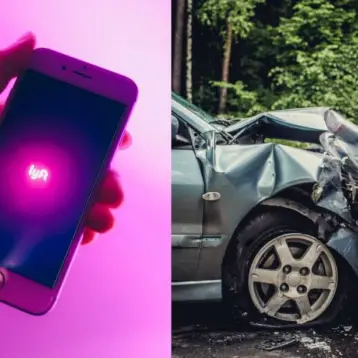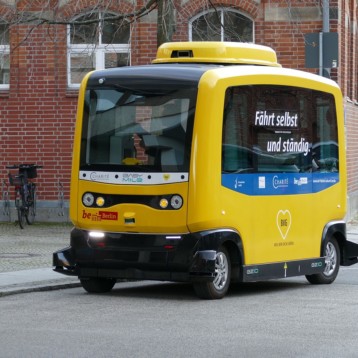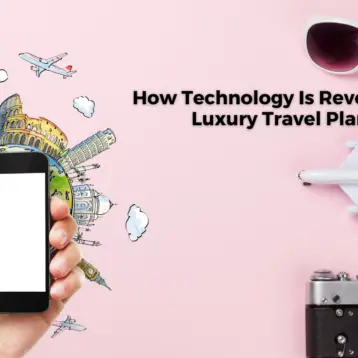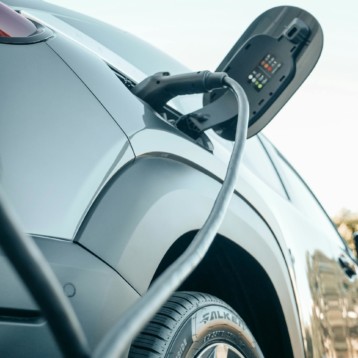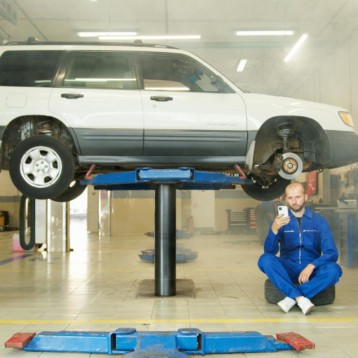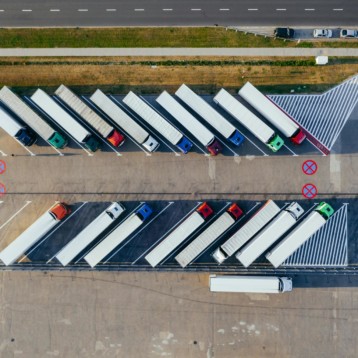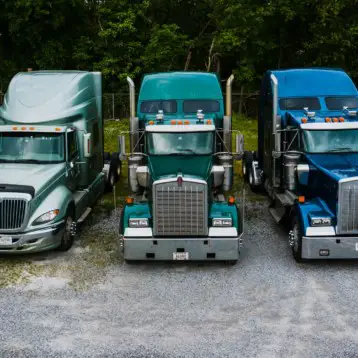While average dealerships have more than doubled over the last 20 years as threats from the internet, public dealer groups and recessions loomed, the time may be finally up for dealerships as we know them today. Many well-respected industry experts are claiming the future of cars lies in autonomous vehicles and ride-sharing.

The Death of Dealerships
It is predicted by these same experts that retail sales will drop by millions of units per year, leading to the demise of thousands of dealerships. While the future is still yet unclear and we don’t know when autonomous vehicles will start operating throughout the world, it is clear that these fears for the future are materially hurting valuations of public dealership companies.
According to Brodie Cobb, founder of Presidio Group, of San Francisco, dealerships need to develop a 20 year plan to enable them to thrive in a landscape with far fewer dealerships or sell up. While this suggestion may mean that the firm benefits in the short term, as it would lead to more deals, the advice goes against Presidio’s long term goals as they also have an equity stake in auto dealerships. Cobb told Automotive News:
“We’re not particularly pleased that the world is changing the way it is. We would rather have it stay the same, because owning dealerships is a very nice return and profitable business that we enjoy very much. So when we talk about this, it hurts us, too. We, too, need to understand the future, form a plan and not just put our head in the sand and hope it goes away.”

Looking to the Future
Progressive dealership groups are setting themselves up for future success by partnering with mobility companies and starting vehicle subscription programs. Bill Cariss, CEO of Holman Strategic Ventures, agrees that dealership consolidation is likely and believes that mobility fleet management is the “holy grail of the future of our business.”
Holman jointly funds Flexdrive with Cox Automotive, a vehicle subscription service.
“We’re trying to make sure we remain relevant for generations to come.”

We Will Continue to Buy Cars into the Future
During a speech at the Automotive Press Association in Detroit, NADA Chairman, Wes Lutz, president of Extreme Chrysler-Dodge-Jeep-Ram in Jackson, Mich., questioned these predictions that people will stop buying cars for themselves. Citing a study by the AAA Foundation for Traffic Safety that showed that exclusively using ride-hailing companies is more expensive than owning a midsize sedan, Lutz stated:
“People are going to continue doing exactly what they’re doing now: owning a car or truck for day-in and day-out personal transportation and using ride-hailing services when it makes more sense than driving. That’s not a revolution. That’s an evolution.”
However, most agree that dealerships will decline with KPMG’s 19th Global Automotive Survey, published in January last year, showing that the majority of the 900 automotive execs from Western Europe, USA, China and India believed that over 50 percent of bricks and mortar dealerships would close by 2025.

Evolution to Experience Hubs
To survive, dealerships must evolve from Transaction Hubs to Experience Hubs. These changes can already be seen in Australia with car showrooms popping up in major shopping centers, such as the Jaguar Landrover dealership at Westfield Bondi Junction. Mercedes Benz has also jumped on the bandwagon, opening Australia’s first Mercedes-Benz Me Café in Melbourne.
According to a study by Accenture in 2015, 75 percent of people surveyed said they disliked the car dealer experience and would be open to an alternative. Right now, consumers will stick with what they know, the humble dealership which we already know they don’t like and online buying, that is until more subscription services come into play and augmented reality changes the way we buy online.

